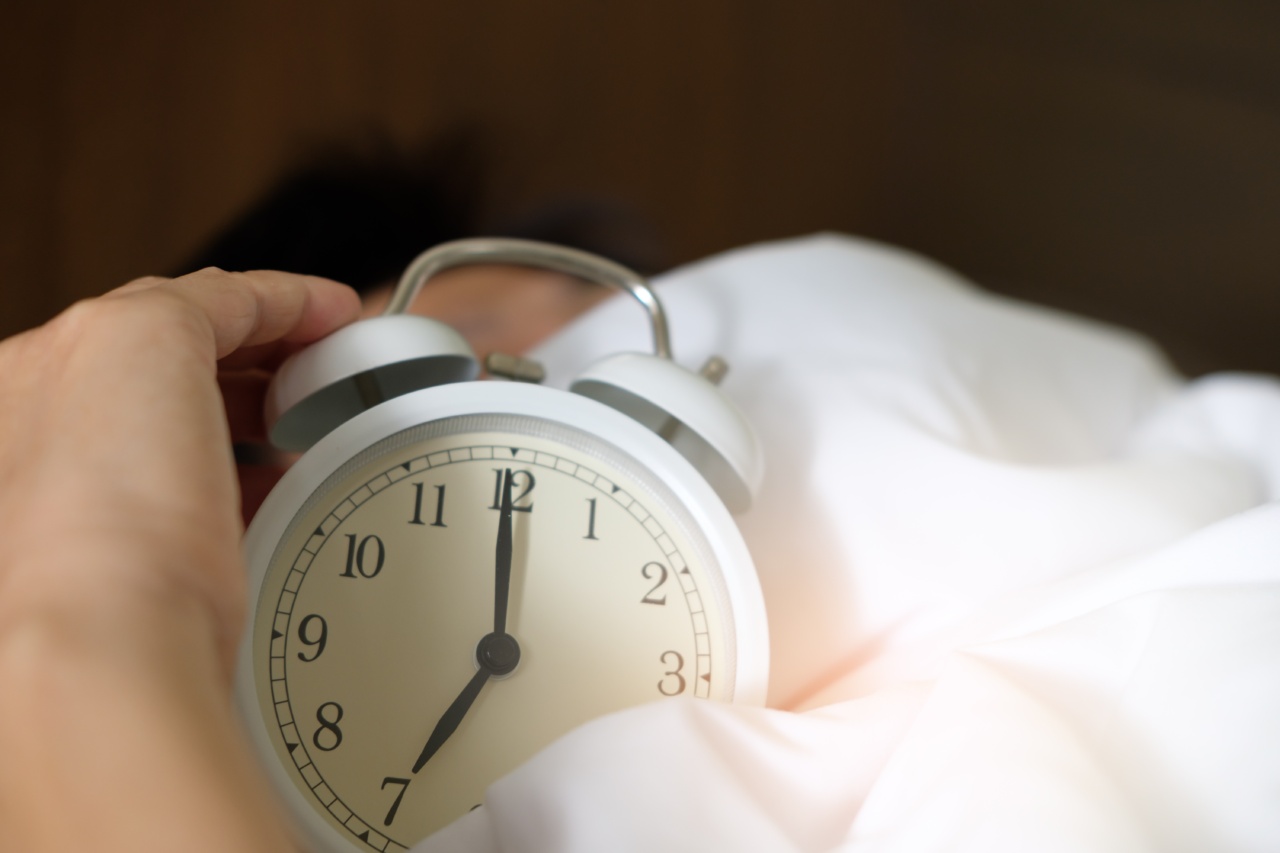Do you ever wake up feeling groggy or unrefreshed? It may be due to a lack of quality sleep. Getting good sleep is essential for maintaining physical and mental health.
This ultimate guide will provide you with tips and techniques to optimize your sleep and wake up feeling refreshed.
Create a Sleep-Friendly Environment
One of the most important factors for getting great sleep is having a comfortable sleep environment. Here are a few tips for creating a sleep-friendly atmosphere:.
- Keep your bedroom cool and dark
- Use comfortable bedding and pillows
- Eliminate noise and distractions
- Invest in a supportive mattress
Develop a Consistent Sleep Schedule
Our bodies thrive on routine, so it’s important to establish a regular sleep schedule. Try to go to bed and wake up at the same time each day, even on weekends.
Avoid Stimulants Before Bedtime
Stimulants such as caffeine, nicotine, and alcohol can interfere with your ability to fall asleep and stay asleep. It’s best to avoid these substances in the evening.
Unwind Before Bedtime
Engage in calming activities before bedtime to help your body and mind relax. Here are some ideas:.
- Read a book
- Meditate or practice yoga
- Take a warm bath
- Listen to soothing music
Avoid Blue Light Exposure
Blue light emitted from electronic devices such as smartphones, tablets, and computers can interfere with sleep by suppressing the production of melatonin. Try to limit your exposure to blue light before bedtime or use apps that filter out blue light.
Exercise Regularly
Regular exercise improves sleep quality by reducing stress and increasing serotonin levels. However, avoid exercising too close to bedtime as it can be stimulating.
Use Sleep Aids with Caution
While sleep aids can be helpful in the short term, they should be used with caution. They can be habit-forming and have potential side effects. Talk to your doctor before using any sleep aids.
Get Help for Sleep Disorders
If you consistently have trouble sleeping, you may have a sleep disorder such as insomnia, sleep apnea, or restless leg syndrome. Speak with your doctor, who can recommend treatments or refer you to a sleep specialist.
The Bottom Line
Getting good sleep is essential for physical and mental health.
By creating a sleep-friendly environment, establishing a consistent sleep schedule, avoiding stimulants before bedtime, unwinding before bed, limiting blue light exposure, exercising regularly, using sleep aids with caution, and seeking help for sleep disorders, you can wake up feeling refreshed and ready to tackle the day ahead.






























